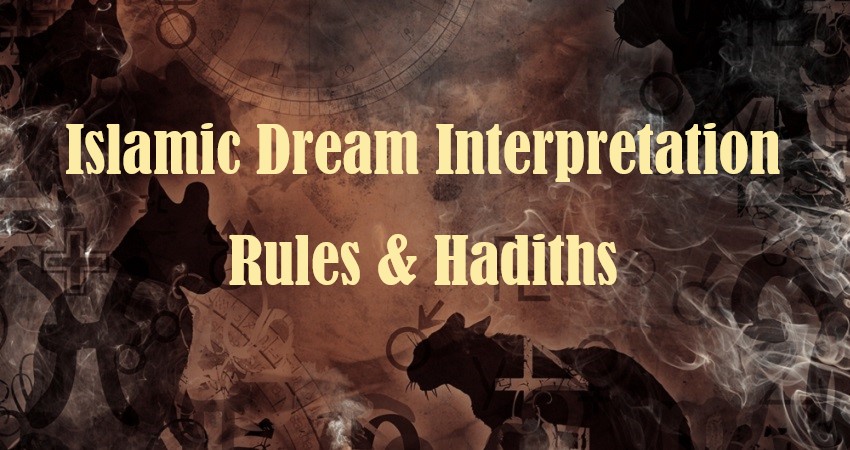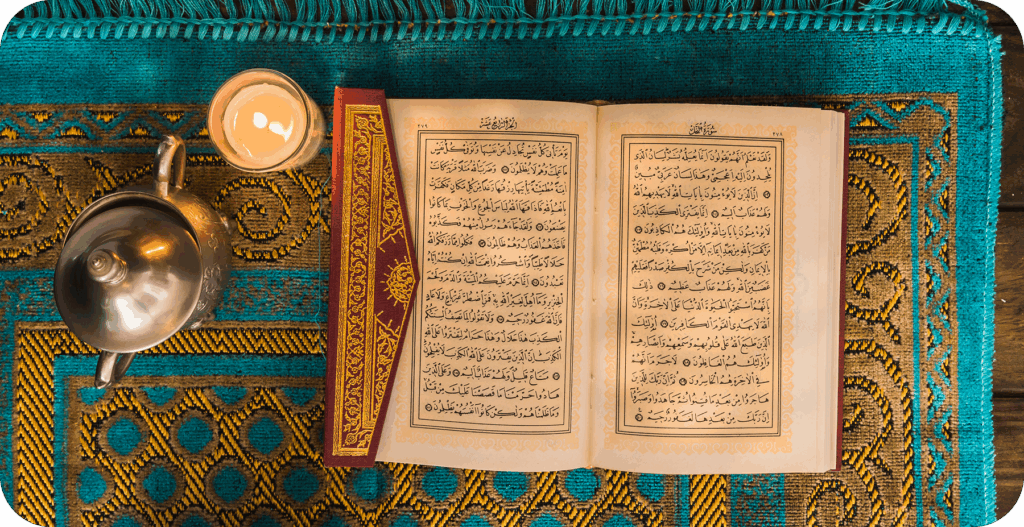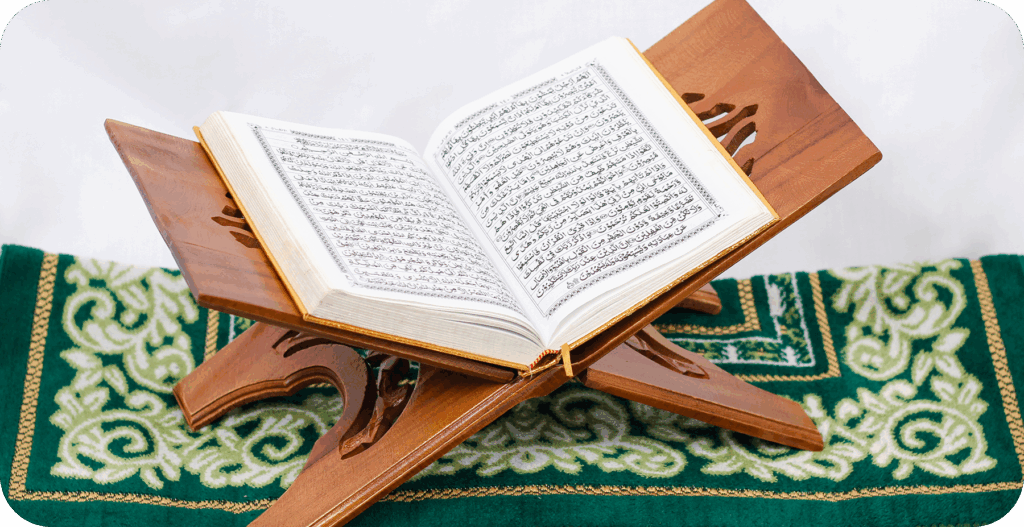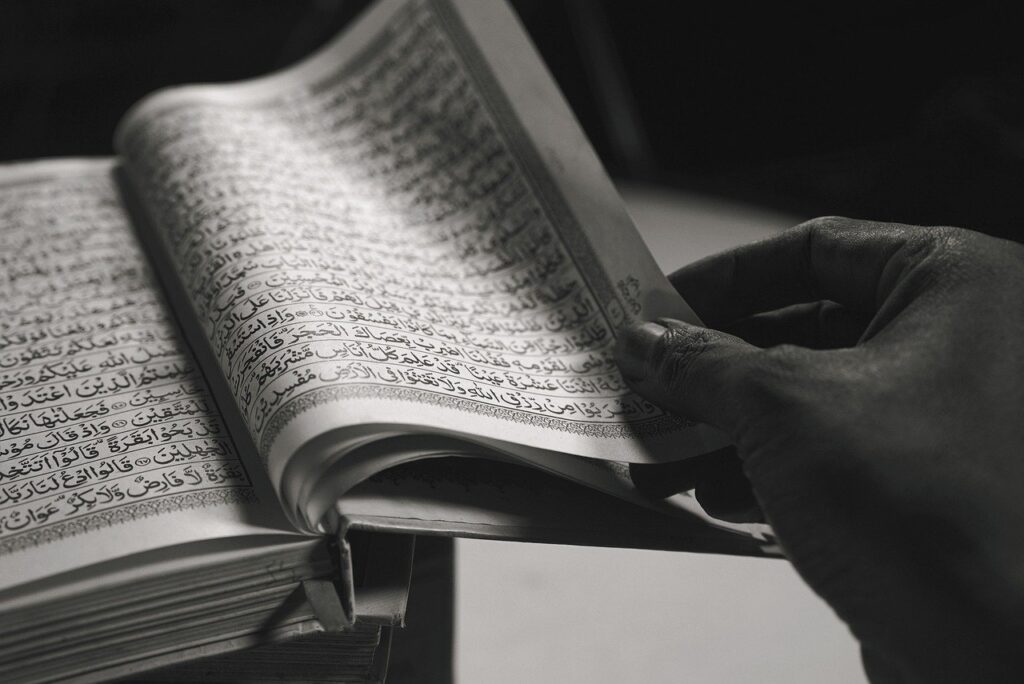Dreams have always fascinated humanity, often seen as mysterious windows into the unseen. In Islam, however, dreams are not mere imagination or superstition they carry spiritual weight and guidance when understood correctly.Indeed, known as khawab ki tabeer in Urdu, dream interpretation in Islam is a discipline rooted in the Qur’an and Sunnah. Moreover, it is a sensitive subject, one that requires knowledge, wisdom, and faith.
For centuries, therefore, Muslims have turned to the Qur’an, Hadith, and the guidance of scholars to understand the role of dreams in their lives. The Prophet Muhammad ﷺ taught that some dreams are glad tidings from Allah, while others may be whispers from Shaytan or reflections of one’s inner self.
In this comprehensive guide, we will therefore explore the meaning of dreams in Islam (khawab ki tabeer in Islam), their classifications, evidence from the Qur’an and Sunnah, as well as guidelines for authentic interpretation, common dream symbols, and finally, the dangers of false interpretations. Ultimately, by the end, you will gain clarity on what Islam truly teaches about dreams and their interpretation.
What This Blog Will Cover:
In this article, we’ll cover:
- The meaning of dreams in Islam (ru’ya, hulm, hadith al-nafs).
- Qur’anic verses and Prophetic traditions about dreams.
- The three types of dreams.
- Guidelines for proper interpretation (khawab ki tabeer).
- Famous examples of dreams in the Qur’an and Sunnah.
- Common dream symbols in Islamic tradition.
- Misconceptions, superstitions, and dangers of false interpretation.
- Moreover, the Spiritual Benefits of Understanding Dreams Correctly
What is the Meaning of Dreams in Islam (Khawab ki Tabeer in Islam):
In general, Islamic scholars classify dreams into three categories, derived from authentic Hadith:
- Ru’ya (Good Dreams) – These come from Allah and bring glad tidings or spiritual lessons.
- Hulm (Evil Dreams) – These are from Shaytan, causing fear, sadness, or confusion.
- Hadith al-Nafs (Self-talk Dreams) – These arise from one’s subconscious mind, daily worries, or desires.
Abu Huraira reported Allah’s Messenger (ﷺ) as saying:
“When the time draws near (when the Resurrection is near) a believer’s dream can hardly be false. And the truest vision will be of one who is himself the most truthful in speech, for the vision of a Muslim is the forty-fifth part of Prophecy, and dreams are of three types: one good dream which is a sort of good tidings from Allah; the evil dream which causes pain is from the satan; and the third one is a suggestion of one’s own mind; so if any one of you sees a dream which he does not like he should stand up and offer prayer and he should not relate it to people,
and he said: I would love to see fetters (in the dream), but I dislike wearing of necklace, for the fetters is (an indication of) one’s steadfastness in religion. The narrator said: I do not know whether this is a part of the hadith or the words of Ibn Sirin.”
(Sahih Muslim, 2263a)
Thus, Islam distinguishes dreams carefully; not every dream has a hidden meaning, and not all should be interpreted.
Qur’an and Sunnah on Dreams:
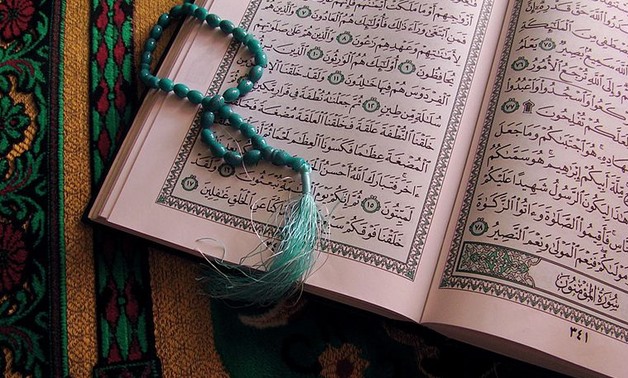
Indeed, dreams hold an honored place in Islamic history and scripture.
Prophet Yusuf (Joseph) عليه السلام
Interestingly and significantly, the Qur’an dedicates an entire chapter, namely Surah Yusuf, to dreams and their interpretations. In this Surah, Yusuf عليه السلام saw in his childhood:
“˹Remember˺ when Joseph said to his father, “O my dear father! Indeed I dreamt of eleven stars, and the sun, and the moon—I saw them prostrating to me!”
(Qur’an 12:4)
This dream came true when his parents and brothers honored him later in life.
Prophet Muhammad ﷺ
The Beginning of Revelation Through True Dreams
According to authentic narrations in Sahih al-Bukhari, the first form of revelation to the Prophet Muhammad ﷺ came through true and meaningful dreams that would come true as clearly as daylight. This marked the beginning of divine communication and spiritual preparation for prophethood.
Soon after, Allah instilled in him a love for solitude, and he would retreat to the Cave of Hira to worship and reflect. It was during one of these moments of seclusion that the Angel Jibreel (Gabriel) descended and commanded him to read, initiating the first revelation, “Read in the name of your Lord who created.”
Therefore, this event signifies how dreams played an essential role in the early stages of prophethood, serving as a transition from divine visions to direct revelation.
If you wish to read the complete Hadith in its original wording, you can view it here.
Narrated Abu Qatada:
“The Prophet (ﷺ) said, “A good dream is from Allah, and a bad or evil dream is from Satan; so if anyone of you has a bad dream of which he gets afraid, he should spit on his left side and should seek Refuge with Allah from its evil, for then it will not harm him.”
(Sahih Bukhari, 3292; Sahih Muslim, 2261)
These references show that dreams can contain divine messages, but they must be approached with care.
Types of Dreams in Islam
1. Good Dreams (Ru’ya Salihah)
- From Allah.
- Often bring good news, guidance, or warnings.
- Therefore, it should be shared only with trusted people.
2. Bad Dreams (Hulm)
- From Shaytan.
- Cause fear, sadness, or confusion.
- The Prophet ﷺ advised:
- Spit lightly to the left three times.
- Seek refuge in Allah from Shaytan.
- Do not tell anyone about it.
- Change sleeping position. (Sahih Muslim, 2261)
Self-talk Dreams (Hadith al-Nafs)
- In many cases, they are reflections of thoughts, worries, and daily experiences.
- Therefore, no interpretation is needed.
Guidelines for Khawab ki Tabeer in Islam (Dream Interpretation in Islam)
Dream interpretation is not a guessing game. Islam sets clear boundaries:
- Hence, interpretation should only be done by scholars of Qur’an, Sunnah, and Arabic.
- Avoid fabricated books or fortune tellers.
- Not every dream has meaning; many are from the nafs.
- Interpretation should never contradict Shariah.
- Dreams must not be used to declare halal/haram matters.
Narrated AbuRazin:
“The Prophet (ﷺ) said: The vision flutters over a man as long as it is not interpreted , but when it is interpreted, it settles. And I think he said: Tell it only to one who loves (i.e. friend) or one who has judgment.”
(Sunan Abu Dawood, 5020)
Clearly, this emphasizes caution, as incorrect interpretations can mislead.
For more scholarly insight, you may refer to classical works like Ibn Sirin’s Ta’bir al-Ru’ya, widely cited in Islamic tradition.
Famous Examples of Dreams in Islam
- Yusuf عليه السلام interpreting the King’s dream of seven fat cows eaten by seven lean cows (Qur’an 12:43–49).
- Ibrahim عليه السلام dreamed of sacrificing his son Ismail (Qur’an 37:102), which became the basis for Eid al-Adha.
- The Prophet ﷺ, dreaming of entering Makkah with his companions (Qur’an 48:27), was fulfilled at the conquest of Makkah.
These show that dreams, when true, align with divine will.
Khawab ki Tabeer in Islam: Common Symbols
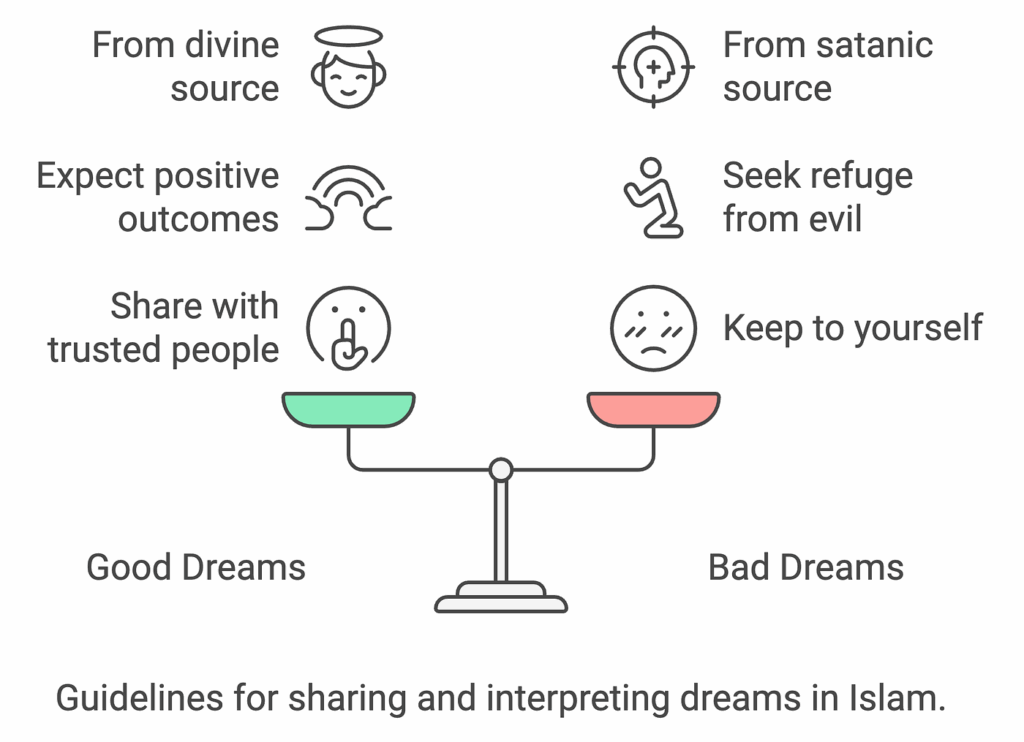
Light – Guidance, knowledge, or faith.
Water – Purity, life, or blessings.
Snakes – Enemies or hidden dangers.
Travel – Change in life or spiritual journey.
Marriage – Unity, provision, or responsibility.
However, context matters. In fact, the same symbol can mean very different things depending on the dreamer’s situation, faith, and life circumstances. Therefore, authentic khawab ki tabeer requires wisdom and knowledge, not just a generic list.
For a clearer and personalized interpretation of your dreams, visit Roohani Ilaj Center.
Misconceptions and Dangers
- Not every dream has meaning. Many are just self-talk.
- Avoid fortune tellers. Seeking dream interpretation from magicians or fake “peers” is shirk.
- Dreams cannot replace the Qur’an and Sunnah. They may inspire, but they do not create laws.
- False dream claims. Narrated Ibn `Umar:
“Allah’s Messenger (ﷺ) said, “The worst lie is that a person claims to have seen a dream which he has not seen.””
(Sahih Bukhari, 7043)
Spiritual Benefits of Understanding Dreams
- Strengthens connection with Allah.
- Provides guidance and reassurance.
- Brings patience and tawakkul.
- Encourages self-reflection and humility.
- Builds gratitude for divine mercy.
Conclusion
Khawab ki tabeer in Islam is a reminder that our lives are not random but divinely guided. While dreams can hold meaning, they must be approached with knowledge, humility, and reliance on Allah. Always refer to the Qur’an and Sunnah, avoid superstition, and seek wisdom from scholars.

